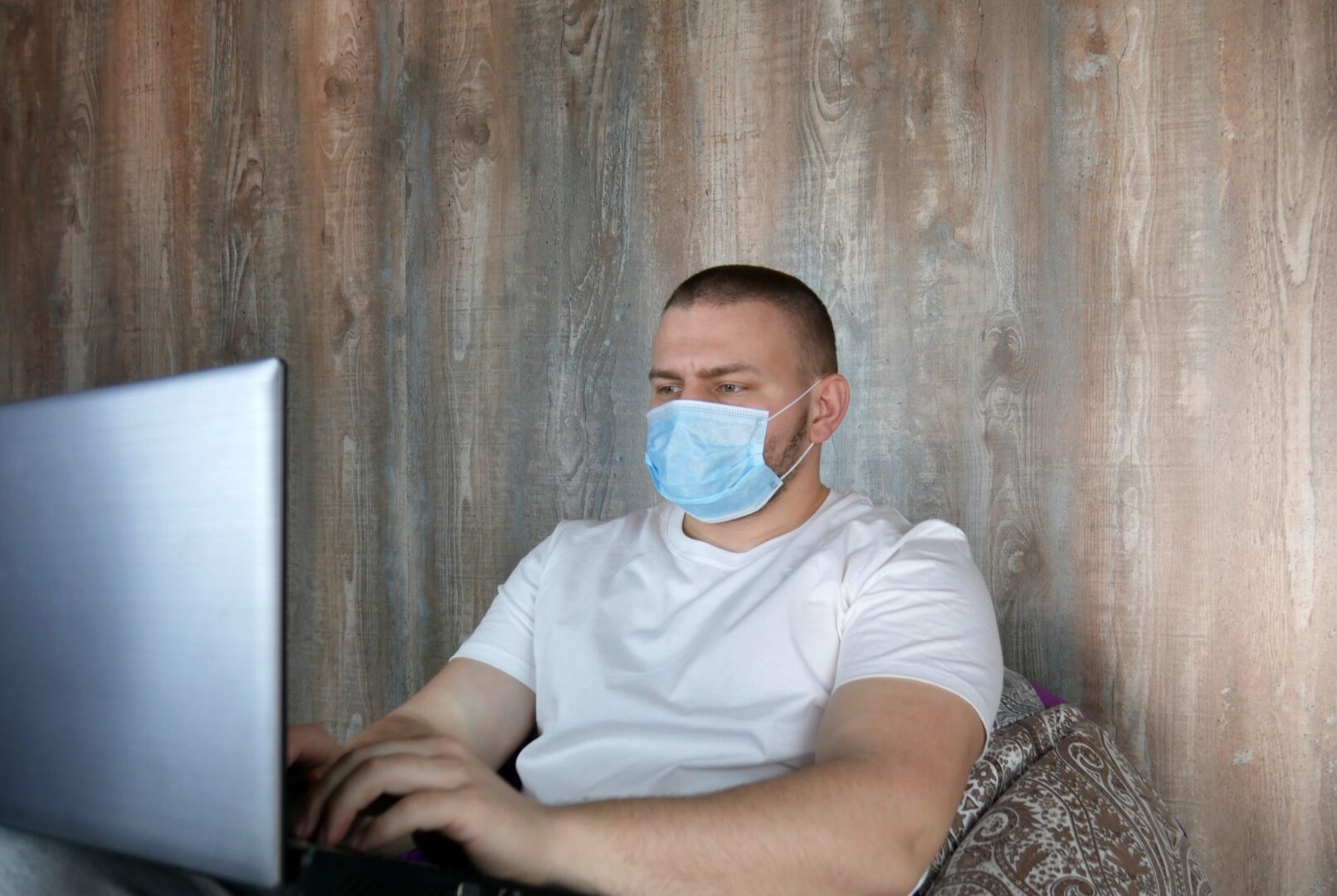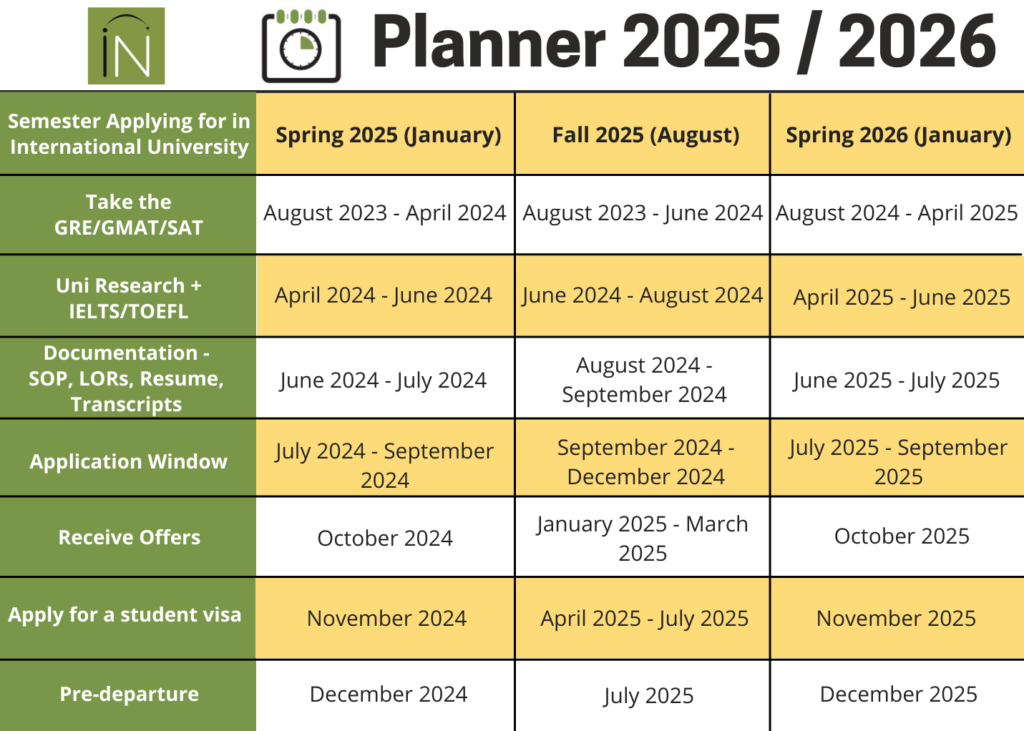Are you planning to study abroad post COVID-19? Does the question of health security and safe student accommodation bother you? It’s quite natural though since the
pandemic has brought many disruptions into the lives of the people. Now with the world settling to new normal, it’s reopening to its original space but this time with restrictions and precautions. You can plan to study abroad post the covid-19 situation, but you’ll need to know whether or not you should go abroad and how?
This guide will help you get all the information regarding your study abroad and ease your discomfort.
Research your field of study.

Research constitutes a significant and constant part of your decision if you’re planning to study abroad. You’ve to research thoroughly about your field of study, your interests and your skill-sets. Post-corona things have a lot changed. In case you’re planning to improve your skills during this covid phase, I suggest, you can pursue Healthcare, medical research, supply chain, IT, digital industries and manufacturing. These fields are experiencing higher demands than others. If you’re planning to pursue any of these, then this period of tremor is a good time to invest your time in research. You can review and research these perspectives to meet the global demand and pursue your interests.
Analyse the current situation.

Covid-19 has caused disruptions both for travel and international studies across the globe. Universities, colleges and voyages were closed for such a long time. Now they’re partly reopening for the prospective international students for the term late 2020-2021. What can you do then in such cases? Yes, there are uncertainties of travel and entry restrictions for international students. In that case, you’ve to analyse the current situation of the country you’re planning your study.
Knowing that some countries are still in the grip of this virus, they’ve sealed their borders for international students to avoid further contingencies. On that note, you’ve to analyse and find out about the countries that are open to international studies. Post that you’ll have to check the visa policies as they’ve been updated considering this pandemic situation.
If you’re too sceptical about travelling abroad, then you can analyse about those universities offering online study options or defer your study plan abroad.
Economic prospects.

The pandemic has negatively hit the economic graph. The closure of industries, institutions and shopping centres have had an enormous impact on the economic scale. Individual and business have also witnessed a wave in financial condition, and this is going to stay for the next few years to come. In such cases, it becomes prominent to plan your study abroad thoughtfully.
Studying abroad costs megabucks, so it’s wise to move overseas only if you’re financially stable to adjust to this economic situation. Student accommodation is a constant and inevitable part if you’re planning your study abroad. You’ll need to plan your accommodation costs wisely keeping in mind the economic recession.
For an international student, finding a job is also another primary attribute worth considering in a foreign country. Job markets also had a significant impact due to this pandemic, which means studying abroad can be very expensive, knowing you may not get job opportunities during your study or post your study.
Mental health.

A very underrated phenomenon that has highly surfaced during this pandemic. We are aware that closures of ordinary lives, and this posed threat that thwarted our everyday lives, have increased anxiety and tension among individuals. We’ve seen some cases of depression and attempt to suicide cases during the corona period. Do you know what the reasons behind such claims are? Research specifies that tendency to try suicide and depression owe a lot to quarantined life, a routine not many people are familiar.
Students were the most vulnerable groups as study and career concerned them a lot. Try to avoid mental stress; it’s significant to look after your mental well-being. You can plan your lessons and how to resume it via online mode instead of stressing over them. Remember that mental well-being is an integral part of your sound body and sound health. If you’re not mentally sound, there’s no point engrossing yourself in academics.
You may also like: Difference Between Fall and Spring Intake
If studies stress you more than anything, I recommend suspending your studies until you’re mentally well. Try to invest time in meditation, yoga and therapies to avoid stress, anxiety and depression.
Invest in online learning.

It‘s been more than six months to this pandemic, and many counties are still into the grip of this pandemic. Certain countries like the United Kingdom, Canada, New Zealand and Ireland have rolled out border restrictions for international students. They’ve opened their admission window for international students for the fall and summer intake.
To avoid any further contamination, the universities will follow stringent guidelines during admission. Universities have decided to shift studies from online mode to offline mode. It’s going to be challenging for students and teachers as well to adapt to this new mode of study. Universities are focusing more on providing an online learning environment that is in par with classroom teaching. The universities will adopt alternative teaching methods like pre-recorded lectures, video classes, online assignments and open book exams. It is something that’ll continue for an unforeseeable future until the virus threat is forever gone.


